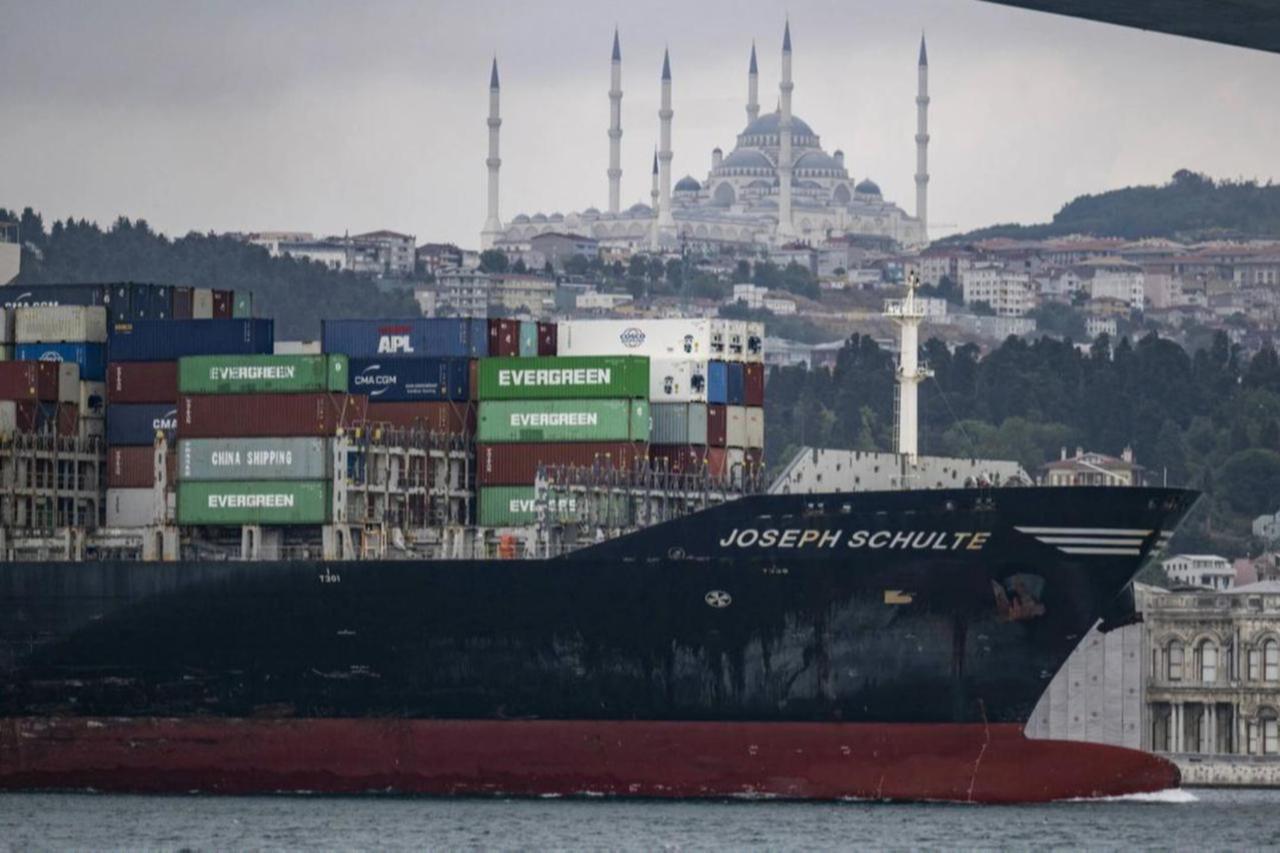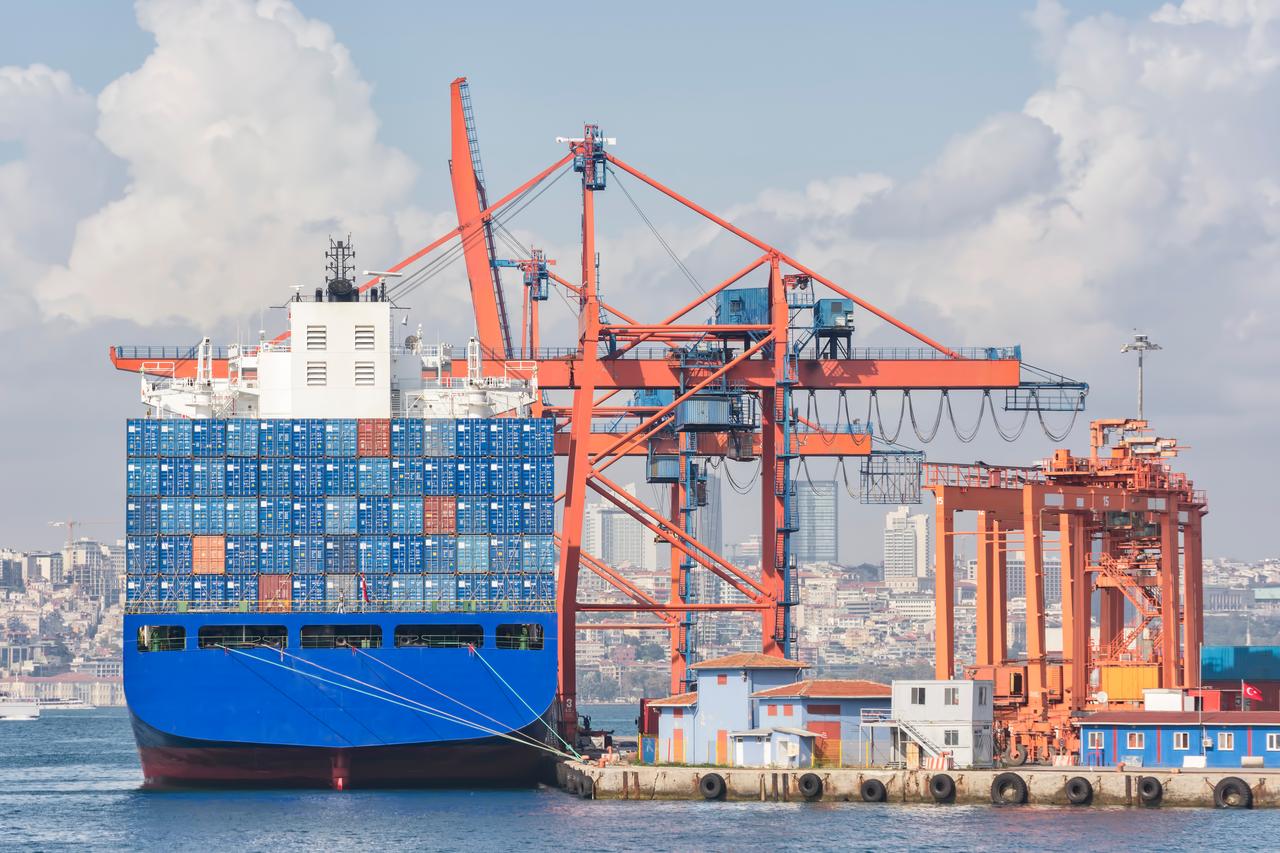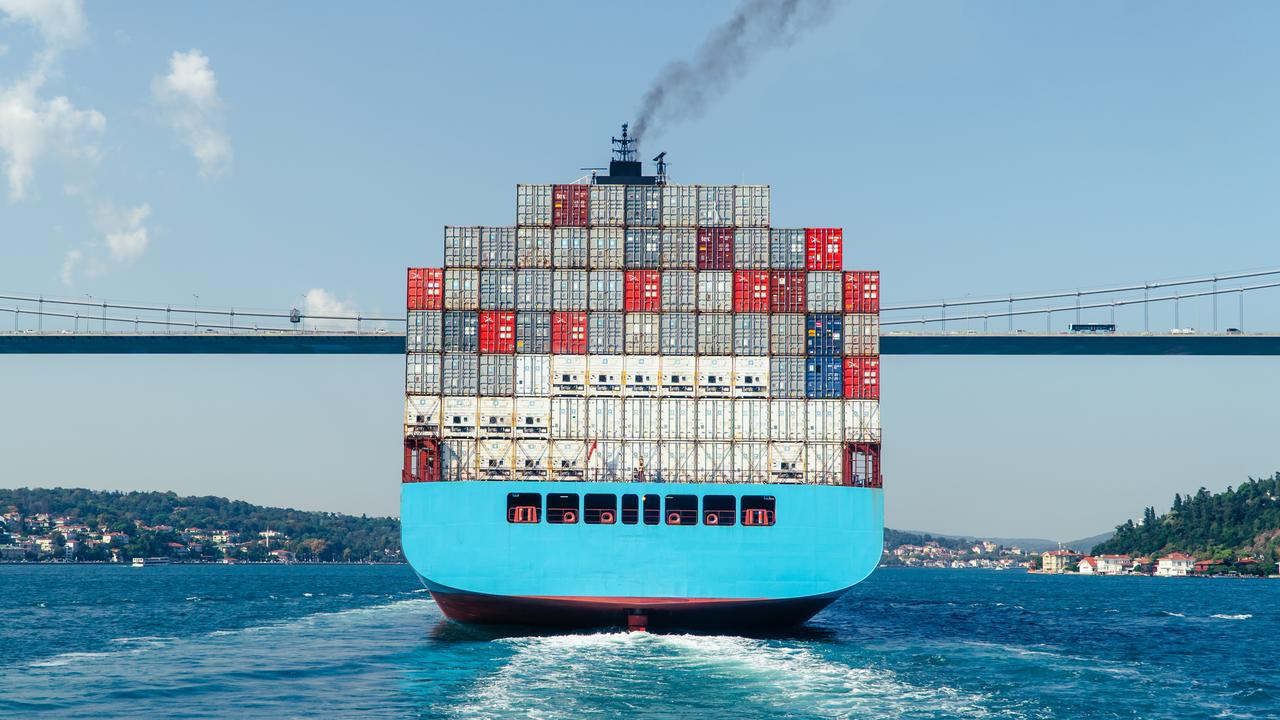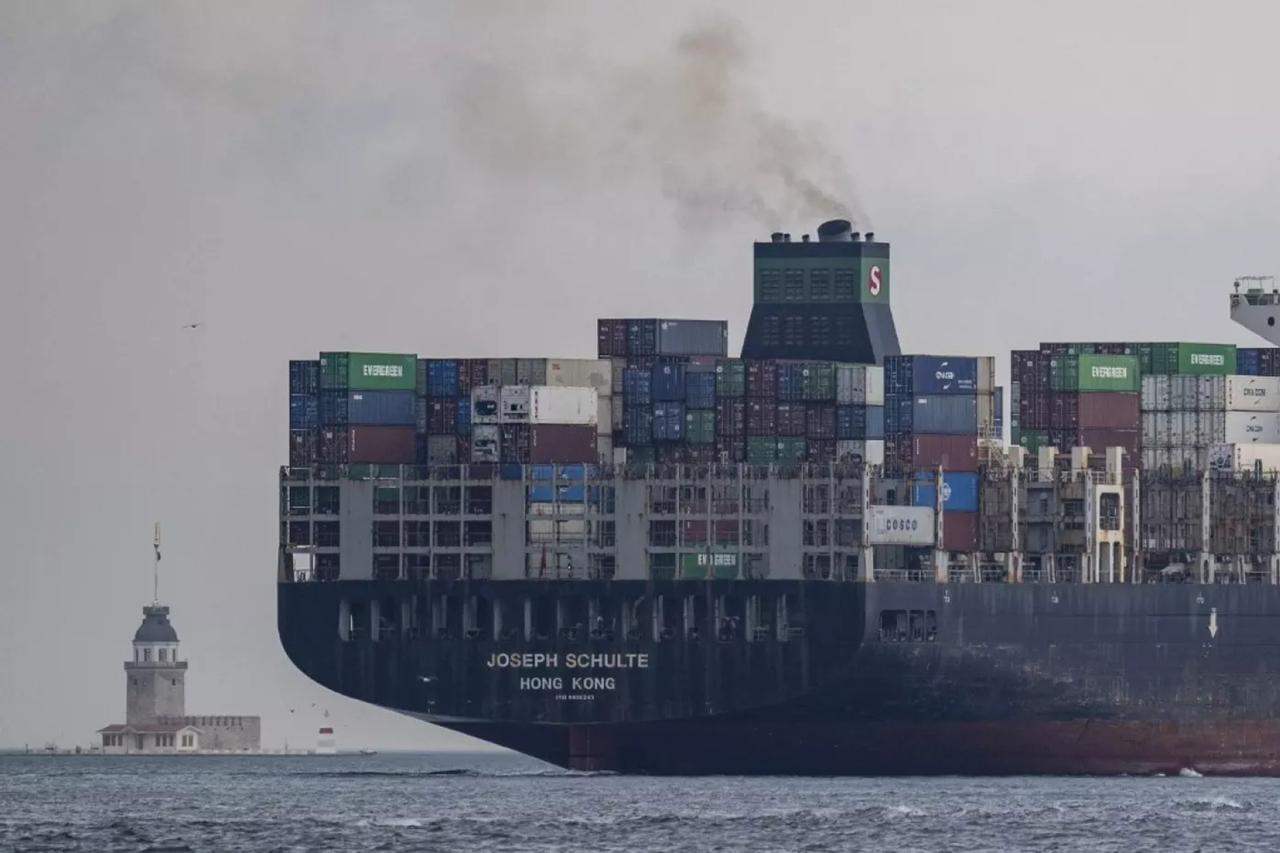
An investigation by IrpiMedia and The Black Sea has revealed how a Turkish trafficking operation led by convicted smuggler Urfi Cetinkaya, known as "Turkish Escobar," became central to Mediterranean cocaine routes through an innovative "drop-off" system involving massive cargo ships.
The network, operating through shell companies registered in tax havens, particularly the Marshall Islands, has facilitated the transport of at least 250 tonnes of cocaine into Europe, according to sources familiar with the investigation.
Journalists Cecilia Anesi and Zeynep Sentek reported that a coordinated surveillance operation in July 2022 led to the seizure of 5.3 tonnes of cocaine near Capo Passero, south of Sicily. Italian authorities intercepted two vessels—Plutus, a Turkish cargo ship, and Ferdinando d’Aragona, a Sicilian fishing boat—that executed a mid-sea drug transfer using the drop-off method.
"We wait for them to return to national waters and then we board them," Major Alessandro Bongiorno, commander of the anti-drug task force in Palermo, told IrpiMedia. "In the meantime, another patrol boat sets off in pursuit of the cargo ship."
The Plutus initially ignored radio contact and light signals from Italian authorities before being forcibly boarded in a scene described as resembling "a pirate movie."

The drop-off method involves cargo ships loaded with cocaine in the Caribbean—often from Suriname, Trinidad and Tobago, or Venezuela—sailing east across the Atlantic and dropping packages at sea. Smaller boats collect the parcels under the guise of fishing operations and transport them to shore.
These operations are meticulously coordinated. According to MAOC, the Maritime Analysis and Operations Centre based in Lisbon, more than 250 tonnes of cocaine have reached Europe through this method since 2022.
"When a country has suspicions about a vessel, it can ‘register’ it with MAOC and it becomes a kind of ‘special surveillance’ target," said Colonel Luca Parrilli, MAOC liaison officer.
Though Türkiye is not a MAOC member, authorities have tracked Turkish-flagged ships and vessels linked to Turkish nationals through shell companies based in tax havens such as the Marshall Islands.

The Maritime Analysis and Operations Centre (MAOC) in Lisbon achieved record cocaine seizures of more than 80 tonnes in 2023, up from 12 tonnes the previous year, primarily due to the drop-off phenomenon.
"Italy is a bit like the 'gatekeeper' of the MAOC," said Colonel Luca Parrilli, liaison officer of the Central Anti-Drug Services Directorate. "We intercept everything that goes to North Africa, Türkiye, or the Middle East."
Recent major seizures include:
The investigation traced vessels involved in mid-sea transfers to uncover a three-way criminal partnership between Latin American cartels, European mafia groups, and the Turkish trafficking network.
All identified ships and owners can be traced to Turkish nationals, though hidden behind shell companies. The vessels routinely switch off their Automatic Identification Systems at known loading and drop-off zones in the Caribbean, West Africa and European coasts.
Turkish investigators revealed the financial structure of the "drop-off consortium," with Colombian cartels claiming 50% of profits, Albanians receiving 45%, and Turks taking 5%. Italian organized crime groups, specifically Calabrian 'ndrangheta, serve as the primary buyers, paying Albanians directly.
The network's operations occasionally resulted in dangerous confrontations with authorities. In July 2022, Turkish Coast Guard pursued the yacht Belgor in the Aegean Sea after it collected cargo from the Ocean Blue near popular tourist areas.
The yacht's crew attempted to ram Coast Guard boats and refused multiple surrender orders before being forcibly stopped near Greek territorial waters, in what authorities described as "one of the more dramatic acts of piracy in the Mediterranean in recent times."

The sophisticated operation exploits gaps in international maritime law enforcement. Ships often conduct drop-offs in international waters to complicate prosecution, while their AIS systems are routinely disabled in critical areas.
"When a country has suspicions about a vessel, it can 'register' it with MAOC and it becomes a kind of 'special surveillance' target," Parrilli explained. "However, the country that registers the vessel is almost never the one that stops it."
MAOC now seeks to intercept drop-off ships at their origins before reaching the Mediterranean, as evidenced by the recent Caribbean seizures.
The investigation continues as authorities work to dismantle what has become a crucial element in the global cocaine trade, linking South American production centers directly to European markets through Turkish logistics expertise.